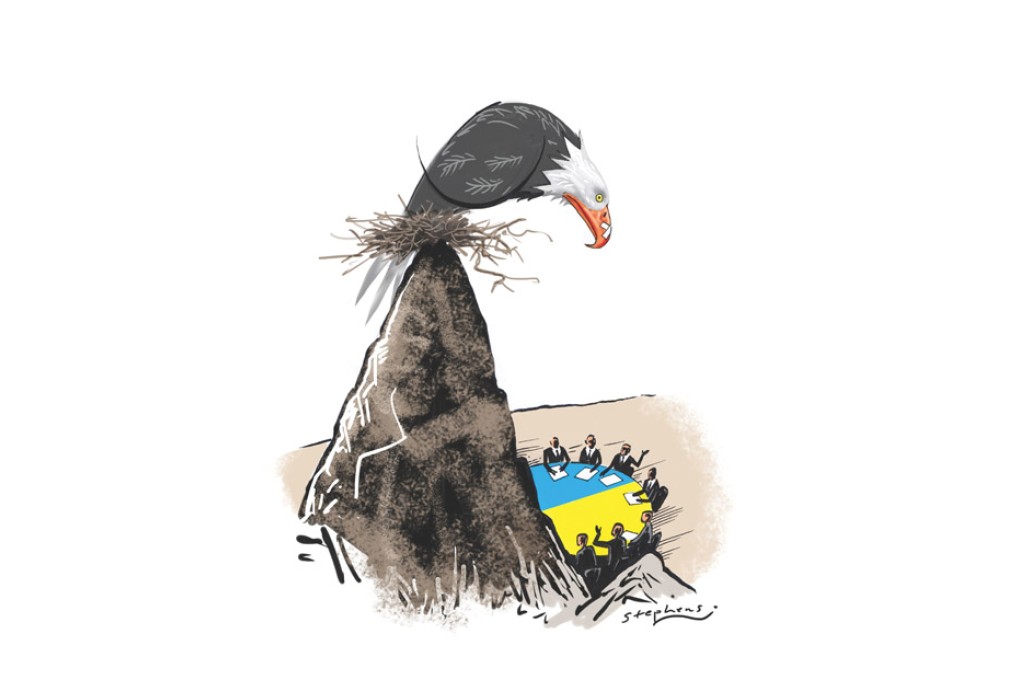New Eurasian entente forms over Ukraine, isolating US
Lanxin Xiang says a new Eurasian entente seems to be emerging around the crisis in Ukraine, similar to the one that isolated the US over the Iraq invasion, and in which China has a huge stake

It seems ironic that China, the former lead opponent of the Soviet Brezhnev Doctrine, should have supported the Russian position in Ukraine. The former Soviet Union utilised the doctrine to launch military action in other socialist "brother" countries, such as Czechoslovakia in 1968, and the West did nothing. Mao Zedong was frustrated and began to call the Soviet policy "social imperialism".
Today, the world has changed fundamentally, and Beijing's rationale for supporting the Russian position is well calculated. The foreign ministry said there were "reasons" for the current situation in Ukraine. President Xi Jinping, in a phone conversation with President Vladimir Putin, said the turn of events "may have been accidental, but inevitable". Such open diplomatic support for Russia has profound significance beyond the current honeymoon between the two nations.
First, China and Russia share the view that so-called "democratic promotion" by the West has not only been failing - witness the Arab spring - but has also become a major source of political and social instability in other countries.
Moreover, the West always seems willing to adopt double standards as to the legitimacy of a regime. At one point, the Egyptian military coup against an elected government was even hailed as a victory for "democracy".
The West, especially the United States, is losing credibility around the world. The current regime in Ukraine is not an elected government and consists of ultra-nationalists, anarchists and even some neo- fascists. The West acquiesced to the overthrow of an elected government by ultra-nationalist paramilitary forces.
More alarmingly, the first acts of the interim government included abolishing the official status of Russian and other minority languages as well as political parties that supported ousted president Viktor Yanukovych.